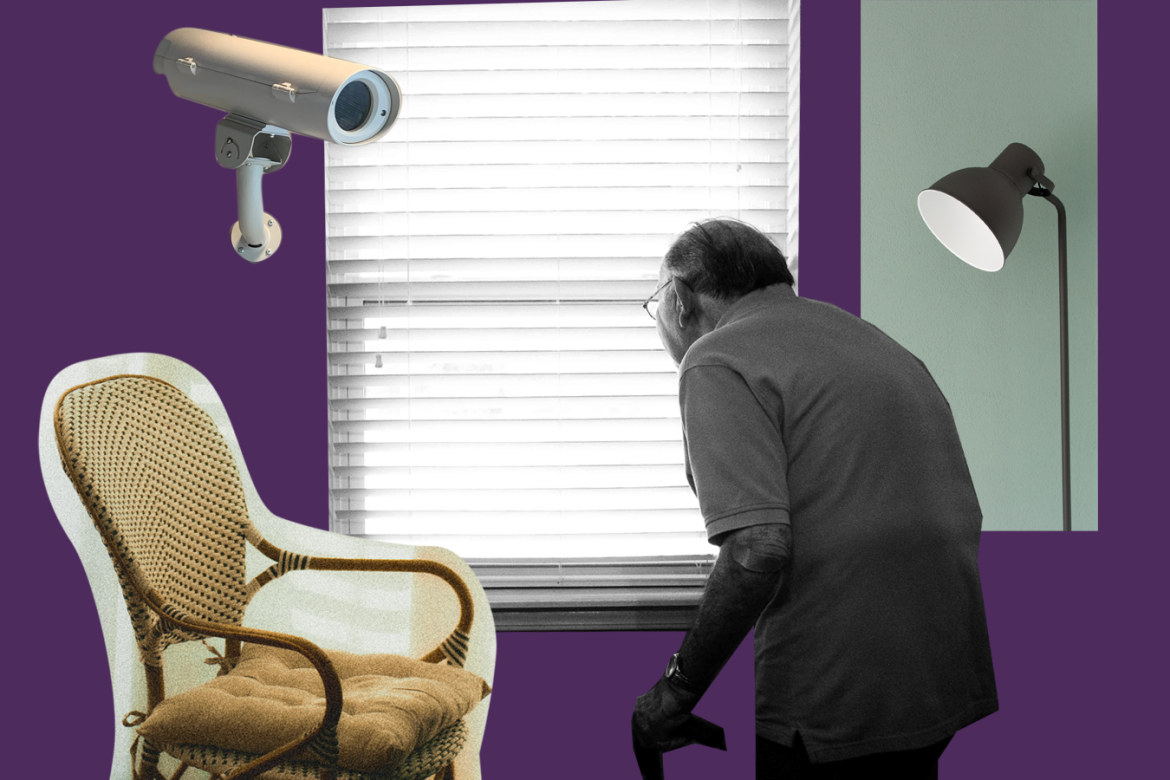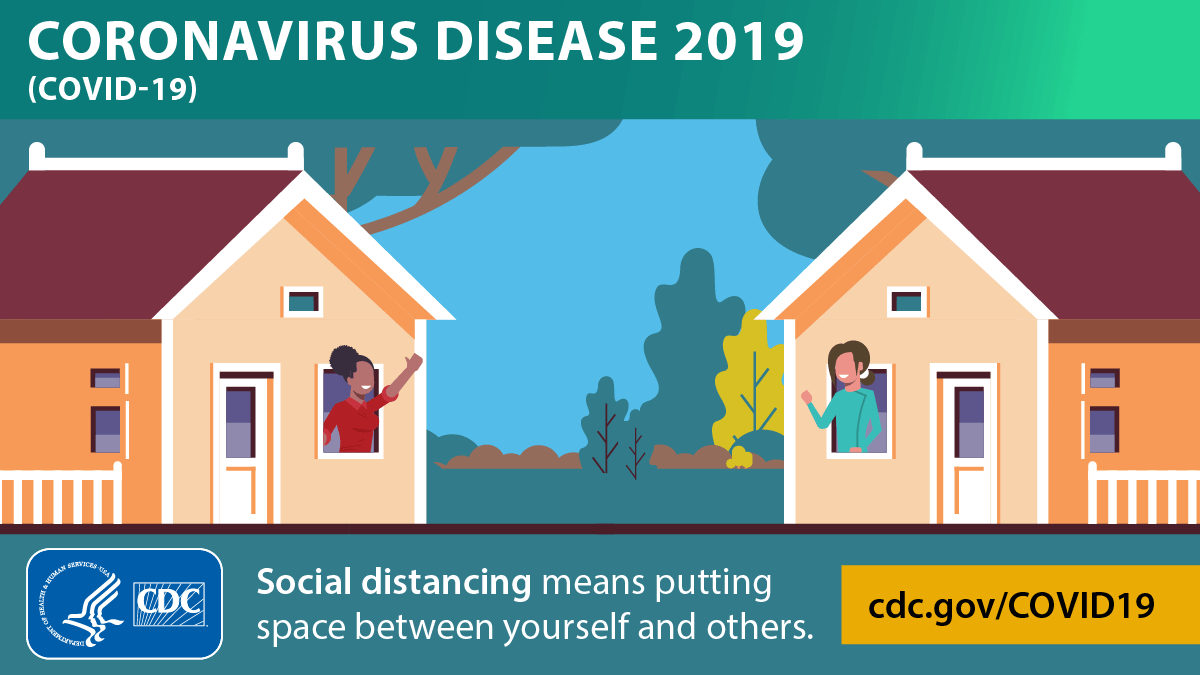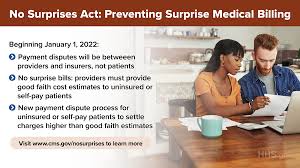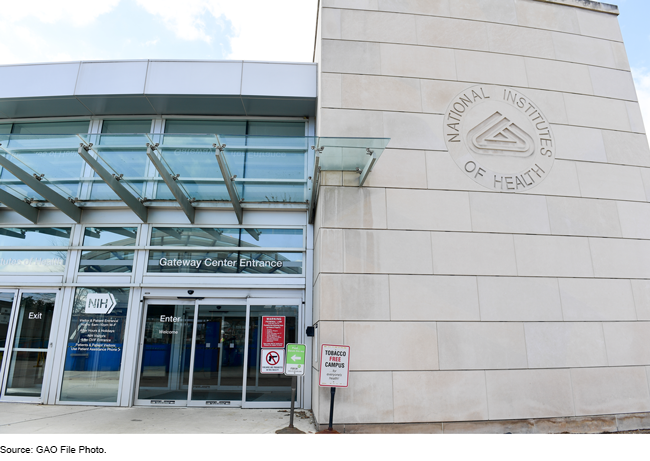Health Links
 Kaiser Health News: When the Eye on Older Patients Is a Camera
Kaiser Health News: When the Eye on Older Patients Is a Camera
Passive surveillance systems are replacing the “I’ve fallen and I can’t get up” medical alert buttons. Using artificial intelligence, the new devices can automatically detect something is wrong and make an emergency call unasked. They also can monitor pill dispensers and kitchen appliances using motion sensors. Some systems include wearable watches for fall detectionor can track GPS location. Others are video cameras that record. People use surveillance systems like Ring inside the home. They also can monitor pill dispensers and kitchen appliances using motion sensors. Some systems include wearable watches for fall detection or can track GPS location. Others are video cameras that record. People use surveillance systems inside the home. more »
 Press Briefing by White House COVID19 Response Team and Public Health Officials; December 15, 2021
Press Briefing by White House COVID19 Response Team and Public Health Officials; December 15, 2021
Dr. Fauci: "The Omicron variant undoubtedly compromises the effects of a two-dose mRNA vaccine-induced antibodies and reduces the overall protection. However, as I showed on a prior slide, considerable protection still maintains against severe disease. The early in vitro and clinical studies that I mentioned indicate that boosters reconstitute the antibody titers and enhance the vaccine protection against Omicron. And so, finally, our booster vaccine regimens work against Omicron. At this point, there is no need for a variant-specific booster. And so the message remains clear: If you are unvaccinated, get vaccinated. And particularly in the arena of Omicron, if you are fully vaccinated, get your booster shot. Back to you, Jeff." more »
 Kaiser Health Foundation: No Surprises Act Implementation: What to Expect in 2022
Kaiser Health Foundation: No Surprises Act Implementation: What to Expect in 2022
The No Surprises Act (NSA) establishes new federal protections against surprise medical bills that take effect in 2022. Surprise medical bills arise when insured consumers inadvertently receive care from out-of-network hospitals, doctors, or other providers they did not choose. Peterson-KFF and other studies find this happens in about 1 in 5 emergency room visits. In addition between 9% and 16% of in-network hospitalizations for non-emergency care include surprise bills from out-of-network providers (such as anesthesiologists) whom the patient did not choose. Surprise medical bills pose financial burdens on consumers when health plans deny out-of-network claims or apply higher out-of-network cost sharing; consumers also face “balance billing” from out-of-network providers that have not contracted to accept discounted payment rates from the health plan.1 The federal government estimates the NSA will apply to about 10 million out-of-network surprise medical bills a year. more »
 GAO* Report, Cybersecurity: National Institutes of Health Needs to Take Further Actions to Resolve Control Deficiencies and Improve Its Program
GAO* Report, Cybersecurity: National Institutes of Health Needs to Take Further Actions to Resolve Control Deficiencies and Improve Its Program
The National Institutes of Health's duties include researching infectious diseases and administering over $30 billion a year in research grants. NIH uses IT systems containing sensitive data to carry out its mission. This GAO report is a public version of our June 2021 report on NIH cybersecurity. The agency has taken actions intended to safeguard the confidentiality, integrity, and availability of its systems. However, we found many weaknesses related to identifying risks, protecting systems, and more. We have made 219 recommendations for improvements. NIH has partially implemented more than half and fully implemented about a third of them. more »






